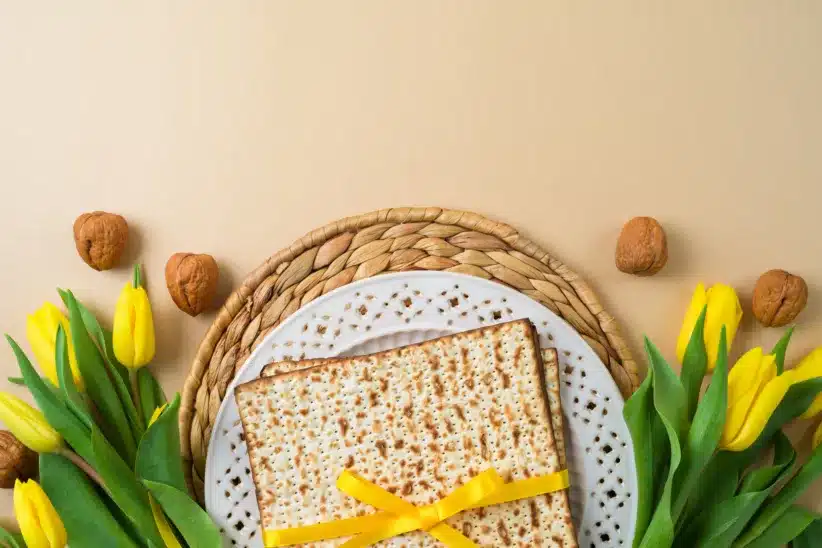This father shared how he was able to rekindle his relationship with his daughter as she navigated through being a teenager.
We call her The Lodger. She sleeps in our house and eats our food, but sometimes we don’t see her for days. The bedroom door is shut. Music is playing. She may or may not emerge for hours. When she does, she is pale and blinking, like she’s just come out of a dark movie theater during the day and can’t adjust to the light. She’s becoming downright vampiric. Are her canine teeth getting longer? Are there an unusual number of cats missing from the neighborhood?
It started a few years ago, when she didn’t want to hug or be tucked in at night. She got cranky and aloof. We argued. She didn’t want me to play in the parent-child soccer match. (FYI: I’m wicked good.). She rolled her eyes. She debated everything. She became pathologically defensive. She turned monosyllabic, irrational, judgmental. And that’s on a good day.
I’m exaggerating a bit, but the point is, we got used to it. We understood why she stayed in her room. She wanted space to be herself, or to become herself. She wanted to escape all the prying eyes and chattering tongues, of the world. She didn’t want to be rude and difficult. But certain things were beyond her control. Teenagerdom, for instance. The chemical coup d’état raging in her endocrine system.
She was doing us a favor, actually. She helped us avert arguments, punishments, more arguments about the punishment, threats, and recriminations. Staying in the bedroom was a great idea, come to think of it. Maybe she was being perfectly rational.
I missed the hugs and kisses, the cuddling, the requests to take her to the playground or kick around the soccer ball, the piggyback rides. But I learned to leave her alone. I didn’t react to every barb and scowl, every sullen face. I didn’t nag. (Okay, I tried not to nag.) I let her make her own mistakes and avoided saying “I told you so” when she made them. I didn’t force conversation or try too hard. I wanted to hang out, every day, but I didn’t ask. I restrained myself, most of the time, because when I did ask she invariably said no. I let a few months go by. She asked me to go running. That’s more like it. I let her come to me, in her own time.
I let her grow up and become more independent. I didn’t want to. I was terrified when she started going out with friends at night, even though it was only to the movies with nice kids. (I interrogated her on the movie plots—she really did go, it wasn’t a ruse to meet boys at a party.) I stared out the window like the family dog waiting for Master to come back home. I didn’t cry, but I did pace, wring my hands forcefully, and fret.
I lived my life. My daughter and I have a number of things in common and, as she grows older, we’ll have even more. She likes music. I gave her my old turntable. Sometimes I loaned her an album or bought her a new one. I didn’t pretend to be a Taylor Swift fan. But I made some Spotify suggestions and listened to her music without judgment.
I stopped asking “How was your day?” and “Is everything alright?” That just pushed her away. Sometimes we played catch with the football and, as the sun went down and we grew tired, she would confide in me. Some things she only told my wife. Some days were more difficult than others—for her and for us—but that’s to be expected. My teenage daughter was doing okay.
We got through it. The Lodger leaves her door open more often these days. She’s adjusted to being a teenager, and we’ve gotten used to raising one. We watch movies and occasionally play games. We talk about books and music and sports and people. Sometimes we argue, but she always apologizes soon afterward, or silently does a chore, which she knows I’ll appreciate even more than words.
Sometimes she wants to be left alone. She still spends a lot of time in her room, behind her closed door. Between homework and sports and Instagram, there isn’t always time for Dad. But she sends me emails, almost every day. We communicate by Link and Vine. Sometimes the text is only one word long. Seriously?! But now the one-word exclamation is directed at the guy in a six-second video, not me.
There are upsides to having a daughter grow up. She doesn’t color herself with my deodorant stick and say a ghost did it. She’s fully potty-trained. She can stay home by herself. Her independence, you learn, can also be your independence.
That’s our job, after all. At first we need to protect, advise, comfort and nurture, but, as they grow older, one of our primary duties is to stop protecting, advising, comforting, and nurturing. We need to let them go. My teenage daughter is almost a woman. She’s changed a lot since the day she was born, but she’s still my sweetheart. I miss the little girl she once was, but I’m proud of the person she’s become.
RELATED: Subscribe to our newsletter to read more articles like this.





















